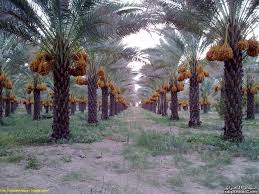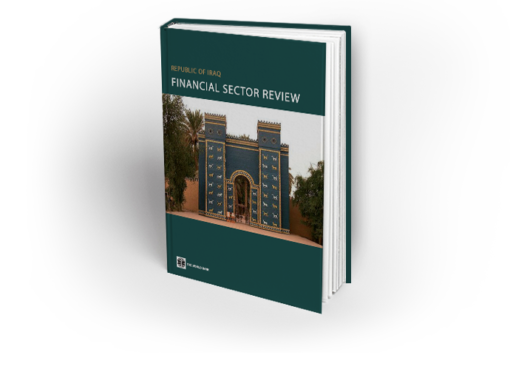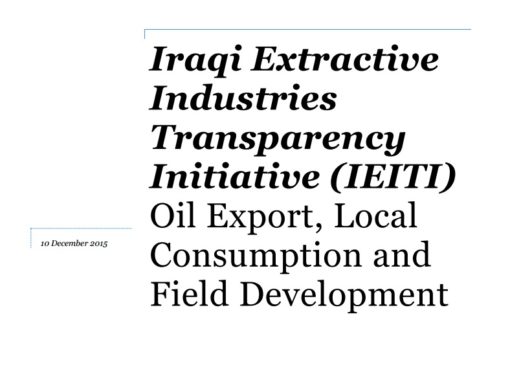Worldwide date production has increased exponentially over the last three decades. Starting in 1965 at about 1.85 million tons, it reached 2.7 million tons in 1985 and 7.0 million tons in 2005.
The industry turning point occurred in the early 1980s, during, and immediately after the Iraq-Iran conflict. This conflict disrupted the worldwide date supply, creating shortages in the lucrative EU market and in the fast-growing Asian market.
The gap in supply and the consequent drastic rise in prices, prompted other countries, notably Saudi Arabia, Tunisia, Algeria, UAE, Pakistan and Israel, to invest heavily in expanding date palm cultivation to target the EU and Asian markets. Though Iran rejoined the global export market in the late 1980s, Iraqi date production continued to be affected by the boycott imposed after the 1991 invasion of Kuwait.
On the supply side, there appears to be no correlation between production and exports. Tunisia and Israel, for example, are two top exporters to the EU, despite producing less than 2% of the global date supply>








Comment here